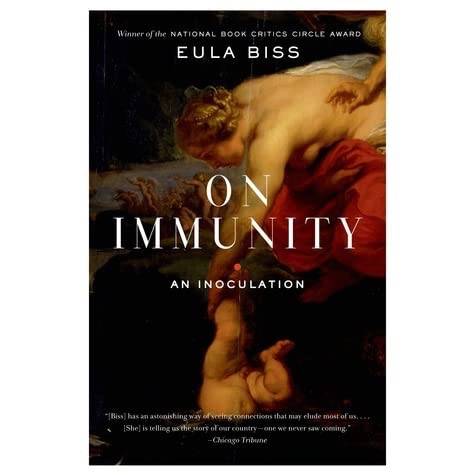What has happened to American political cinema? Just when we need a truly fierce attack on Bushworld, what we get is a lame remake of The Manchurian Candidate (2004). True, the very category of American political cinema has always been something of an oxymoron, and there is only an intermittent history of politically critical film-making in Hollywood. Nothing to compare with Europe or Latin America, certainly, except perhaps among the American independents. And even there, radicalism is more often bohemian (think Jim Jarmusch) than political. All of which makes John Sayles a priceless asset. Not only is he determinedly independent; he remains the only American director who consistently tries to integrate private with public, personal with political. That aspiration was there in rudimentary form in his first directed film, the uneven Return of the Secaucus 7 (1980), and it will surely still be in place when his new film arrives later this year: Silver City (2004), a satirical thriller about a Bushlike candidate for Governor embroiled in a corrupt and corrupting world.
For Sayles politics is unavoidable. "If you're just making a movie about human beings, there's going to be social politics in it," he told an interviewer: "there's going to be class politics and race politics, and sexual politics, and ethnic politics. That's the world that we live in." In his best films he catches precisely that combination, articulating a vision of the intricate connections between our personal quandaries and crises and those larger issues of morality and action that inform our social world. Lest that sound didactic, however, it is worth stressing that Sayles is a compelling storyteller, a sensitive director of actors, and a fine writer. In Casa de los Babys (2003), a film about six US women seeking to adopt children in Mexico, one of the aspirant mothers and a Spanish speaking local maid, who has given up her child for adoption, exchange mutually incomprehensible monologues about their hopes and fears. The writing is so well judged, and the delivery so perfectly understated, that a scene which could easily fall into sentimentality rises instead to genuine empathy and perception.
Casa de los Babys (sadly still without a British distributor) is one of Sayles' more personal films, though, as always in his work, it is multilevelled and presents complex issues. This complexity was apparent as early as Matewan (1987), his most obviously 'political' film in as much as it recounts a version of the 1920 Matewan miners' strike in West Virginia. Although unashamedly on the miners' side, celebrating their communal and crossethnic solidarity in opposition to the thugs brought in to suppress them, Sayles chooses to focus his narrative on a (fictional) nonviolent Union organiser rather than on the more obvious candidate the (real) police chief, Sid Hatfield, a hero of American labour history. This allows him to explore issues of violence and morality, and to do so without coming to simple conclusions his 'hero' dies, while others do and do not find themselves forced into situations in which the cause can only be furthered by the gun.
Matewan has its flaws some of its characterisation drifts too far toward caricature but it remains easily the best American film on this rarely seen subject. Much less flawed, and even more sophisticated in handling interrelated themes of morality, ethnicity and violence, is the film widely thought of as Sayles' best: Lone Star (1996). Cutting back and forth in time, as well as among a range of intersecting characters, Lone Star is a sustained and intelligent reflection upon generational conflicts, family loyalties, ethnic divisions, and the corrupting temptations of power. Together with City of Hope (1991) a magnificent, multilayered portrait of city life and civic corruption captured through a series of crisscrossing narratives and characters it established Sayles as the most thoughtful and inventive of modern American filmmakers. To see these films and they need to be seen more than once is to engage with a formidable cinematic imagination and a powerful moral sensibility.
Yet even Sayles now seems to be in retreat in the face of his country's numbing political landscape. His three most recent films Limbo (1999), Sunshine State (2002) and Casa de los Babys have attended rather more to personal than to public issues. Of course they still traverse Sayles' familiar concerns, but they lack the ferocity of Matewan, Lone Star or City of Hope. As the latter ends, a morally compromised builder cradles his wounded son high in the shell of his new building. He cries for help. Far below, a homeless man a kind of crazed chorus figure who has wandered in and out of many of the movie's scenes echoes the call. His deranged, staccato delivery tears the words from their immediate context, lending them desperate generality. "Help," he shrieks, "Help. We need help. We need help. Help." Perhaps Silver City will recreate that kind of intensity since it returns Sayles to an overtly political subject. Let's hope so; after all, we, too, need the help.

